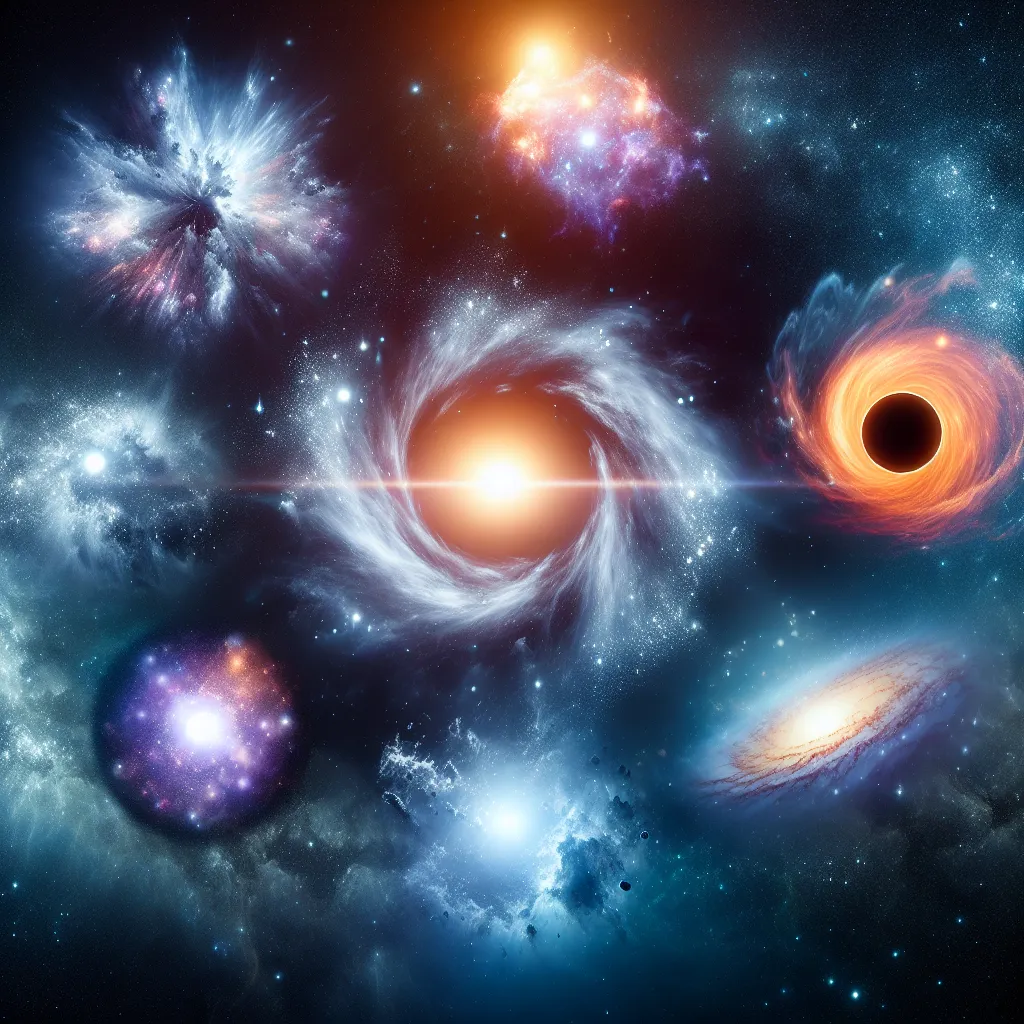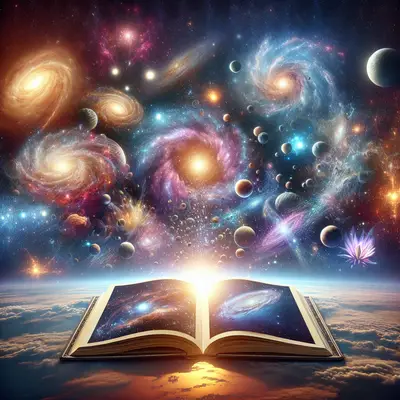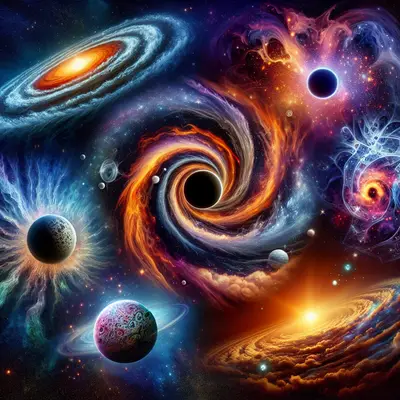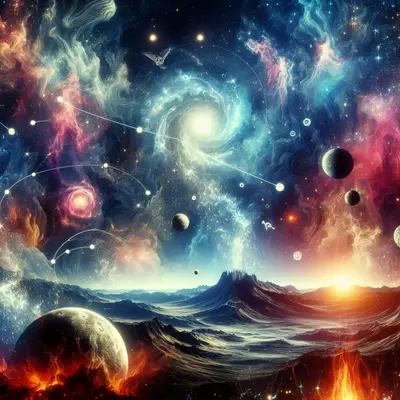The Existence of Exoplanets
The idea of planets orbiting stars other than our sun was once mere speculation, but today, the existence of exoplanets is a well-established fact. The first exoplanet circling a sun-like star, dubbed 51 Pegasi b, was discovered in 1995. Since then, thousands of exoplanets have been found in our galaxy, offering tantalizing glimpses into potential alien worlds. The discovery of exoplanets has revolutionized our understanding of the cosmos, hinting at the possibility of life beyond Earth.
Gravitational Waves
In 2015, scientists detected ripples in the fabric of spacetime, confirming a major prediction of Albert Einstein's 1915 general theory of relativity. These gravitational waves are produced by cataclysmic cosmic events, such as the collision of black holes or neutron stars. Their detection has opened up a new way of observing the universe, similar to the transition from watching a silent movie to experiencing a symphony - it's a whole new sensory experience in our quest to understand the cosmos.
Dark Matter and Dark Energy
The universe is an enigma, with about 95% of its content hidden from us. This invisible entity, composed of dark matter and dark energy, is one of the greatest mysteries in cosmology. While we cannot observe these directly, their gravitational effects on the visible universe provide compelling evidence for their existence. Understanding these elusive entities will dramatically reshape our conception of the cosmos.
The Higgs Boson
In 2012, scientists at the Large Hadron Collider confirmed the existence of the Higgs Boson, often referred to as the 'God Particle.' This elusive subatomic particle gives other particles their mass. Its discovery completes the standard model of particle physics, a theory explaining how the universe's fundamental particles interact.
The Multiverse Theory
Imagine a cosmos teeming with an infinite number of universes, including our own. That's the mind-bending concept behind the multiverse theory. While still in the realm of theoretical physics, the idea that there could be multiple or even an infinite number of universes has gained traction among some scientists. If proven, this theory could radically redefine our understanding of reality itself.
Conclusion
These interstellar discoveries remind us of the vastness and complexity of the cosmos. With every question we answer, countless others emerge, pushing us further into the frontier of cosmic exploration. As we continue this celestial journey, who knows what wonders await us in the infinite expanse of the universe? The cosmos is indeed the final frontier, its vastness filled with mysteries that continue to captivate and fascinate us.



